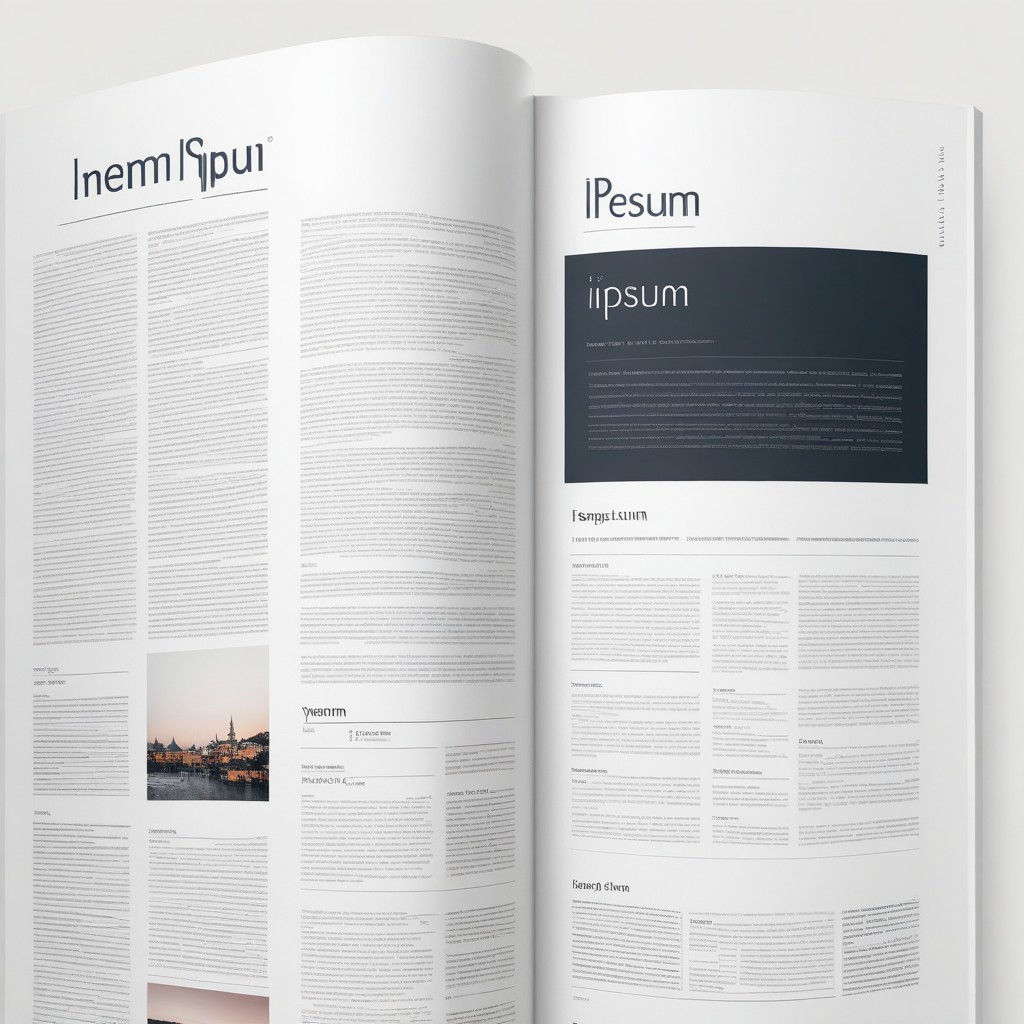
URL Encode
Need to encode a URL? Use our simple and fast online tool to convert special characters in URLs for safe web use.
URL Encoding: A Comprehensive Guide
In the digital world, managing URLs is a crucial aspect of web development and online content management. URLs, or Uniform Resource Locators, are used to specify addresses on the web. However, certain characters within URLs can cause issues because they have specific meanings or uses within the web context. To address these issues, URL encoding is used. This process converts these characters into a format that can be transmitted over the internet without ambiguity.
How to Use the URL Encode Tool
Using a URL encoding tool is straightforward and can be completed in just a few steps. The tool simplifies the process, making it accessible even for those with minimal technical knowledge. Here’s a step-by-step guide to using the URL Encode tool effectively:
-
Enter the URL:
Begin by visiting the URL Encode tool. You will see a text box prominently displayed on the page. Enter the URL you wish to encode into this text box. This could be any URL containing special characters that need encoding, such as spaces, quotation marks, or non-ASCII characters. -
Press the 'Encode' Button:
Once you have entered the URL, locate the 'Encode' button on the page. Click this button to initiate the encoding process. The tool will then convert the special characters in your URL into a format suitable for transmission over the web.
Understanding the Results
After you press the 'Encode' button, the tool will generate the encoded URL. The result will be a new string where all special characters have been replaced with their corresponding percent-encoded representations. This ensures that your URL is now safe for use in web browsers and various online applications. Here’s a closer look at what happens during URL encoding:
-
Spaces and Special Characters:
In URLs, spaces are not allowed. During encoding, spaces are typically replaced by%20or the plus sign (+). Similarly, other special characters like!,#,$, etc., are converted into their percent-encoded equivalents such as%21,%23,%24, and so on. -
Non-ASCII Characters:
Characters that are not part of the standard ASCII set, such as accented letters or characters from other scripts, are also encoded. This ensures that URLs can be used universally without any issues arising from character misinterpretation.
Benefits of URL Encoding
URL encoding serves several important purposes in web development and online communication:
-
Ensures URL Compatibility:
By encoding special characters, URLs become compatible with web browsers, servers, and various internet protocols. This avoids potential errors or misinterpretations that can occur when URLs contain non-encoded special characters. -
Improves Security:
URL encoding helps prevent certain types of web attacks, such as URL injection and Cross-Site Scripting (XSS). By encoding potentially dangerous characters, it reduces the risk of malicious code being executed. -
Enhances Link Reliability:
Encoded URLs are less likely to break or cause issues when embedded in HTML, sent via email, or shared on social media. This enhances the reliability and integrity of links.
Practical Applications
URL encoding is not just a technical necessity but also a practical tool in various scenarios:
-
Web Development:
Developers frequently use URL encoding to ensure that query parameters in URLs are correctly formatted, especially when dealing with user-generated content or dynamic links. -
API Integration:
When integrating with third-party APIs, URL encoding is often required to ensure that data passed via URLs is correctly interpreted by the receiving server. -
Data Sharing:
Encoded URLs are used to share links via email or messaging apps without issues related to special characters or formatting errors.
In conclusion, URL encoding is a fundamental process that ensures the smooth and secure transmission of URLs across different platforms and applications. Using tools like URL Encode simplifies this process, making it accessible to everyone from web developers to everyday internet users. Understanding and utilizing URL encoding can significantly improve your online experience and technical efficiency.









